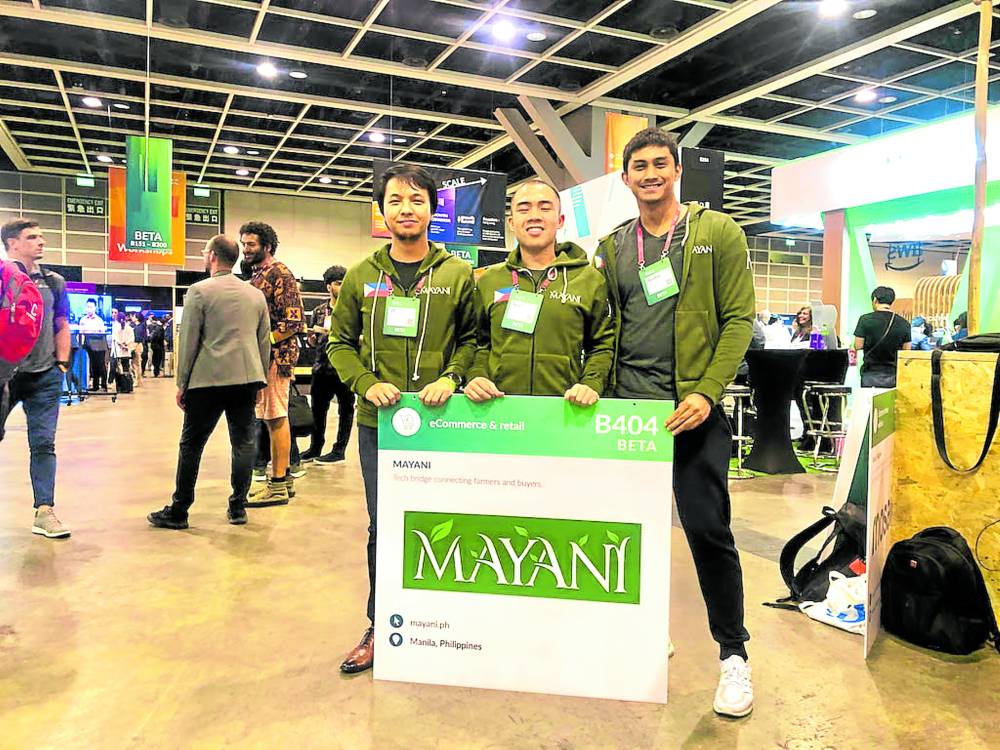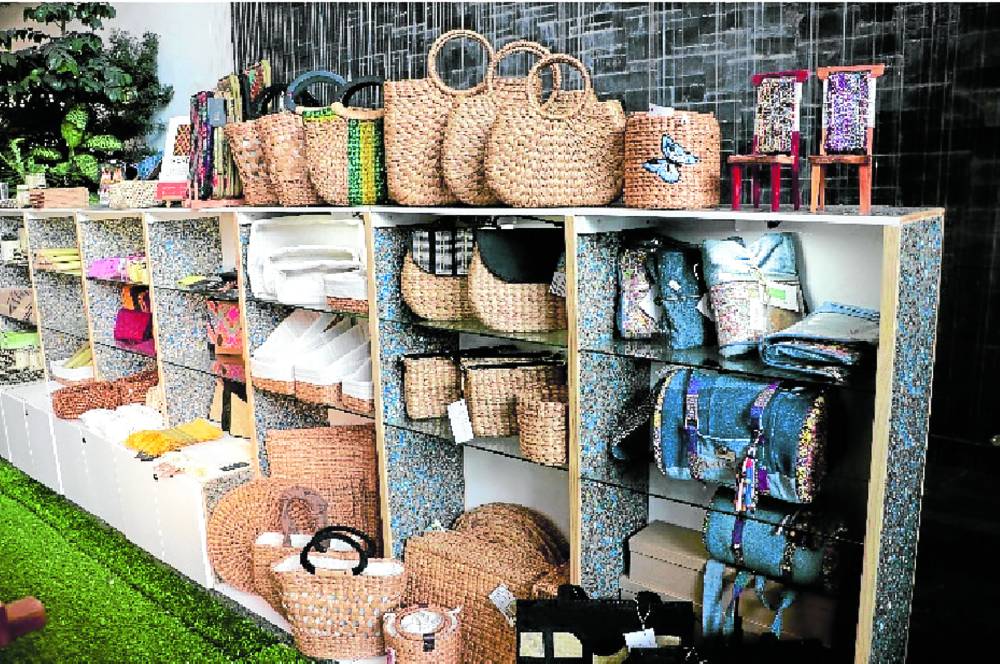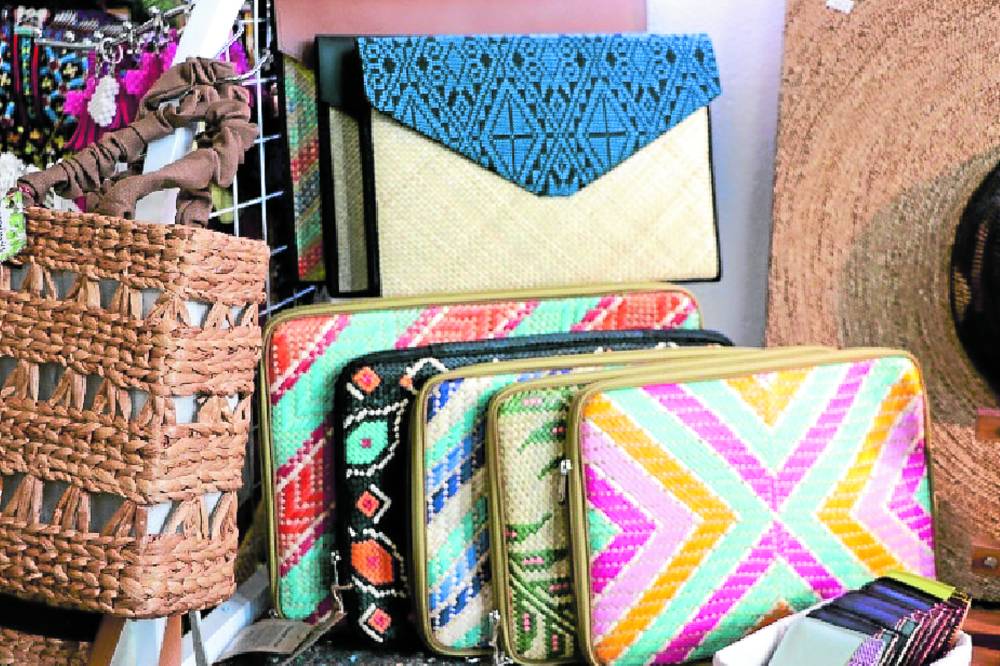A mission to boost social enterprises

AGRITECH BPI Sinag Social Enterprise 2021 awardee Mayani, led by JT Solis (left), provides a farm-to-table digital solution. It is among the 331 social enterprises that have benefited from cash grants and other technical support from BPI Foundation. —CONTRIBUTED PHOTOS
Social enterprises are run by passionate individuals who have a mission to champion specific causes to benefit the people and planet while creating value. With money coming in, however, they are keener on reinvesting them to fund social change—it is more about their impact rather than the bottom line.
While profits are secondary, social enterprises still require financial support to serve their purpose. Unfortunately, a 2019 study by Asian Development Bank revealed they struggle to secure capital to boost their operations, in addition to lack of market access. Such challenges hamper social enterprises from achieving their full potential.
Bank of the Philippine Islands (BPI) Foundation, the social development arm of the Ayala-led financial institution, recognizes these concerns and has decided to do something about them. In 2015, it introduced BPI Sinag program to champion social entrepreneurship.
It started as a business challenge competition for social enterprises but the program has gone beyond this.
“It has now evolved into a growing ecosystem that continues to bring together not just the country’s visionary entrepreneurs, but also mentors, investors and other stakeholders with a collective goal of inclusive and sustainable growth through social entrepreneurship,” BPI Foundation says.
Article continues after this advertisement
SHOWCASE BPI Foundation-backed social enterprises display their products at Sinag Sari-Sari store in Glorietta, Makati in December 2022.
In less than a decade, Sinag has disbursed P23 million in cash grants to beef up the operations of these businesses and to fund their expansion to enable inclusive growth. It has supported 331 social enterprises, providing them innovative solutions by “empowering them through intellectual, social and financial capital.”
Article continues after this advertisementBeyond the numbers, the anecdotes of the program’s beneficiaries also show proof of its success.
Mayani, a social enterprise linking over 139,000 smallholder farmers to retail and commercial consumers, has helped a lot of indigenous farmers in Zambales.
“This fastest growing farm-to-table online platform provides market access to both farmers and fisherfolk by sourcing direct produce and agricultural products to about 20,000 retail partners and 230 commercial stores,” BPI says.
Catherine Diquit, owner of Likhang Maragondon, which promotes traditional weaving and bamboo product-making, shares that the program has given her better understanding of how to run a social enterprise, in addition to funding.
“We met so many inspiring people. Nagkaroon kami ng (We found) better connections and network,” she says.
Market access
BPI Sinag launched a few years ago a dedicated market space for local social enterprises, called the Sinag Sari-Sari Store, in partnership with Bayan Academy and Alagang Ayala Land.
This initiative provides free space at Ayala malls across the the country to showcase their products in venues with heavy foot traffic. This allows the entrepreneurs to increase their sales.
It was first launched in October 2021 at Trinoma Mall in Quezon City with 15 participating enterprises.
“Evolution best represents the enhancements in our Sinag program over time to better address the needs of the broader social enterprise ecosystem. Doing well by doing good as an economic and social imperative is more relevant now more than ever,” BPI Foundation executive director Owen Cammayo says.
“This is the perfect time to increase our collective efforts to become more inclusive, responsible and sustainable when doing business. This is the essence why we strongly support social enterprises,” he adds. INQ
https://business.inquirer.net/348291/social-enterprises-get-more-help-from-bpi-foundation
